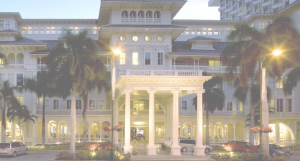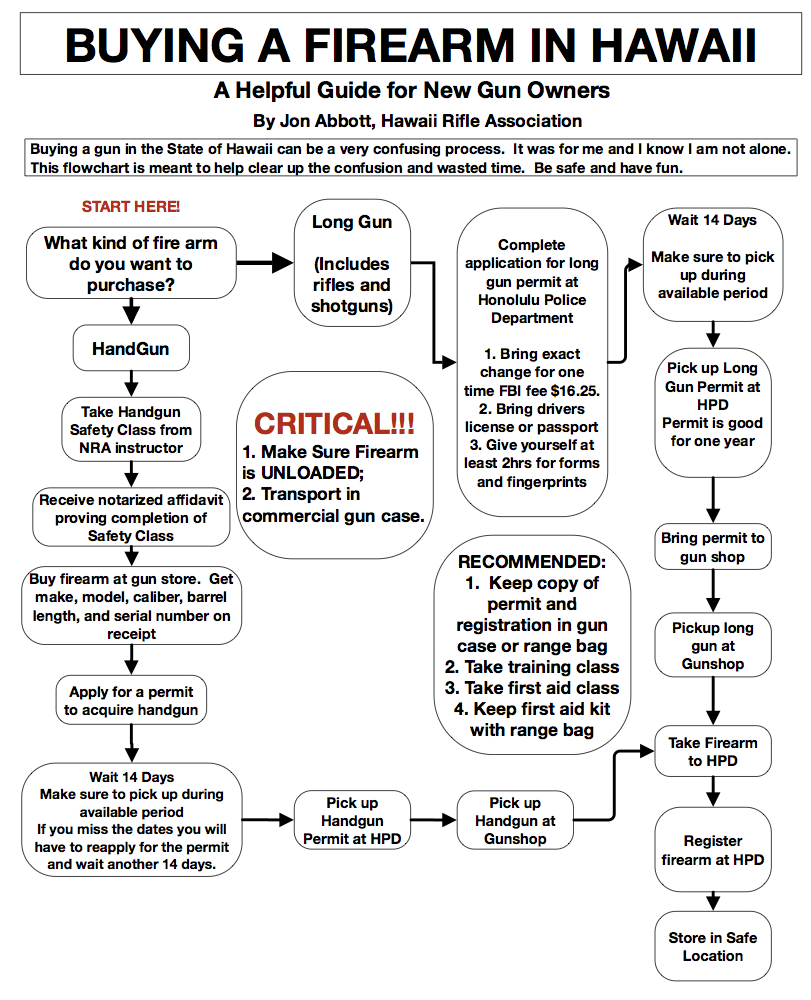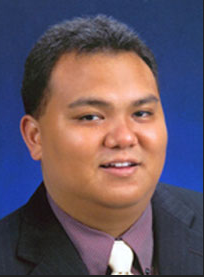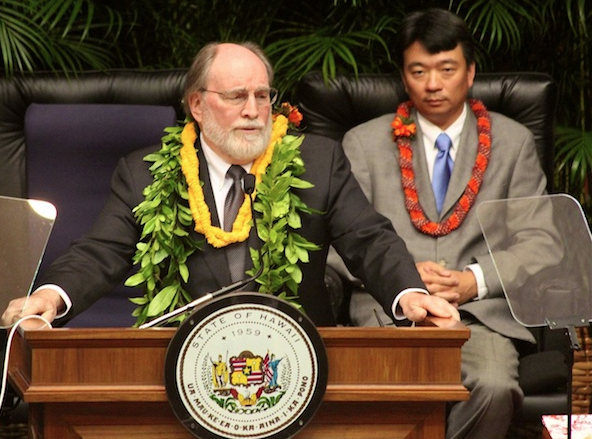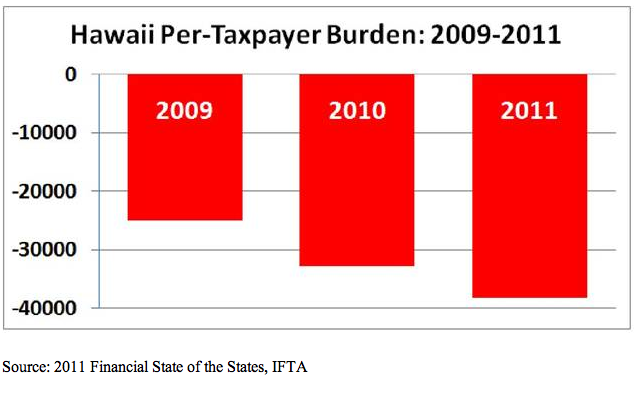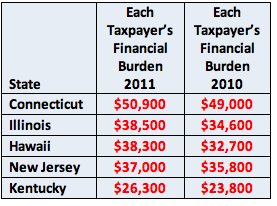![Those trying to register their firearms and obtain a permit on December 23 wait hours in line.]()
Those trying to register their firearms and obtain a permit on December 23 wait hours in line at HPD headquarters
BY MALIA ZIMMERMAN - Oahu firearms owners are increasingly frustrated with long lines at the registration desk at the main Honolulu Police Department (HPD) station. Hawaii's firearms registration laws are among the strictest in the country, and mandate gun owners must register firearms within 72 hours of purchase.
Firearms owners can spend more than nine hours in line over three visits to obtain a permit for a firearm and register it, according to Dr. Max Cooper, a legislative liaison for the Hawaii Rifle Association, with rules differing for handguns and long guns.
Currently, to obtain a permit to acquire or to register a firearm, HPD requires the applicant to appear in person at the Honolulu Police Department's Firearms Section located at the police headquarters, between 7:45 am and 4:30 pm, Monday through Friday.
The HPD web site said since November, HPD has experienced a "high volume" in customers and warns those arriving after 3 p.m. to a long line "should anticipate not being serviced."
A local online gun forum tracks what is happening in these lines at HPD on a daily basis. The web site reports people are at HPD headquarters as early as 2 a.m.
Many firearms owners on Oahu have similar stories, on site as early as 12:30 a.m.
Kailua resident Daniela Stolfi-Tow waited in line at HPD for 6 hours on December 23 to register her firearm, even though she got there at 5:30 a.m. to ensure she was one of the first. She was surprised to see several others had arrived before her beginning at 3:30 a.m.
Bill Richter, a certified firearms instructor with Lessons in Firearms Education and a member of the Hawaii Rifle Association, said he was planning a trip on December 23 to HPD headquarters to renew his long-gun permit as is required annually, but called first at 10 a.m.
“The officer that answered said the line was literally to the elevator to the parking garage and to not come in as I probably wouldn't be able to make it inside before 3 p.m. That is when HPD locks the doors, and anyone outside, no matter how long they waited, are turned away,” Richter said.
![Firearms owners wait to register permits at HPD]()
Firearms owners wait at the entrance to the HPD headquarters to register firearms or obtain permits. Some have been there since 3:30 a.m. that day.
Ryan Yee went to HPD headquarters to renew his permit on December 17, arriving a 7:30 a.m. to a line of 35 people. He waited 2-and-a-half hours that day. Two weeks later, on December 31, he went back to pick up the permit, arriving at 4:30 a.m. Thirteen people were already ahead of him.
“The first guy in line arrived at 12:30 a.m. I was out of there by 9 a.m. that day, but there were 70 people behind me by 8 a.m.,” Yee said.
While Yee said the staff members at the HPD firearms division were “courteous and professional throughout all the madness,” the experience was still frustrating.
Jason spent his Christmas Eve on line at HPD headquarters to register his new rifle. He arrived at 3:30 a.m. thinking he would be first on line, but there were already eight people in front of him, many sitting in their lawn chairs. He waited five hours. When he left, the line had grown to 100 people.
“It has been really frustrating because every time I wanted either to get my permit or register the line was at least 4-to 5 hours long,” Jason said, asking to keep his last name private.
“The lines were crazy and not to mention the time away from work,” Jason said. Parking and bathrooms can be major issues for those waiting in line, he added.
![The line at HPD to register firearms extends as long as 100 people into the street]()
The line at HPD to register firearms extends as long as 100 people into the street
“The meter parking is only 1 to 2 hours long, but the wait is 5 plus hours, so you either have to get a parking ticket or get towed, or find parking very far away. I was even thinking about taking a taxi.” He also noted there are no bathrooms open anywhere nearby early in the morning, which can cause considerable grief for those eating or drinking anything.
“So crazy, but you have to do what you got to do,” Jason said. “I hope things change because it is really a hardship to us law abiding citizens that have to go through the struggle just to obtain a gun or rifle.”
Not everyone encountered HPD staff with a good attitude.
Daniela Stolfi-Tow, who waited in line 5 hours for her registration, said she was treated rudely. "I went to the window to ask a question she told me to get back in line. I said 'I just need to ask a question.' She said, 'You need to get back in line.' I get that they are busy, but there is no room for rudeness. These are good people patiently waiting to make sure they abide the law. Everyone here is all in good spirits trying to make the best of things. It just aggravates an already stressful process."
For background, Hawaii law differentiates between "long guns" - such as shotguns and rifles - and handguns, said Harvey Gerwig, president of Hawaii Rifle Association, and the rules to register them are not the same.
To acquire a long gun, the applicant needs to wait in line at the Honolulu Police Department for a generic permit. Two weeks later, the applicant can return and pick up the permit if the applicant passes a background check. If not picked up within 6 days from HPD, the permit is void. The permit is good for 12 months. After the applicant takes the generic permit to the dealer to purchase a long gun, the applicant has to return to HPD to register the long gun. Every long gun purchased with the generic permit has to be registered at HPD, Gerwig said.
To acquire a handgun, the applicant must purchase a handgun at the dealer, which the dealer then holds for the applicant pending permit approval. The applicant then must go to HPD to file an application for a permit to acquire a handgun, and then go back to HPD to pick up the permit two weeks later. If not picked up within 6 days from HPD, the permit is void. Afterward the applicant must go back to the dealer and fill out more paperwork and pick up the handgun within 10 days, and then take the handgun back to HPD to register it. Only recently, HPD has begun requiring that each handgun is registered under a separate permit, which entails volumes of additional paperwork, Gerwig explained. Handgun permit applicants also must take a one-time 8-hour safety course.
Any firearms brought in from out of state must be brought to the police station's headquarters and registered within 72 hours of arrival, HRA's Dr. Cooper said.
Part of the problem, besides the amount of paperwork and number of visits required, is the main police headquarters on Beretania Street in Honolulu is the only location on the island to register firearms. With a population of over 1 million people, and an increasing demand for registration, the staff cannot accommodate traffic.
Another issue is HPD does not allow any of the forms for applications to be filled out prior to reaching the window, Gerwig said. "Those forms should be available on line in a format that could be filled in by the applicant and then printed. Once at the window the applicant could simply hand the forms over the the officers along with their ID and they would be out of there is a very short time versus sitting down and filling out all the papers on site."
Robert Cray agrees: "The issue is that many people are just picking up permits. That takes two minutes, yet I was there since 6:25 a.m. and I will wait at least 3 hours. Why don't they give out the registration forms while people wait? It would speed things up if applicants were prepared at the window."
Others who have gone through the registration experience have ideas to make the process smoother and more efficient.
“I would suggest a port a pod at HPD, more staff, and other locations such as satellite city halls across the island,” Jason said.
![Long lines at HPD headquarters]() HRA’s Dr. Cooper is taking action. He started an online petition at hawaiirifleassociation.org to ask the city to address these issues.
HRA’s Dr. Cooper is taking action. He started an online petition at hawaiirifleassociation.org to ask the city to address these issues.
“In addition to allowing registrations at all police stations, we are asking for extended hours for those that cannot easily take off work several times during the week to register their firearms,” Cooper said. “The public can sign the petition on the HRA web site, hawaiirifleassociation.org. Make sure to provide your email address so we can verify your identity.”
Michelle Yu, spokesperson for the police department, said HPD recent added additional staff to assist with the permitting and registration process.
Police are also working on other measures, she said, promising to keep the public updated.
MORE ON THE WEB:
![HRA Flowchart for Firearms purchase and registration]()
Photos by Daniela Stolfi-Tow; chart provided by Hawaii Rifle Association














